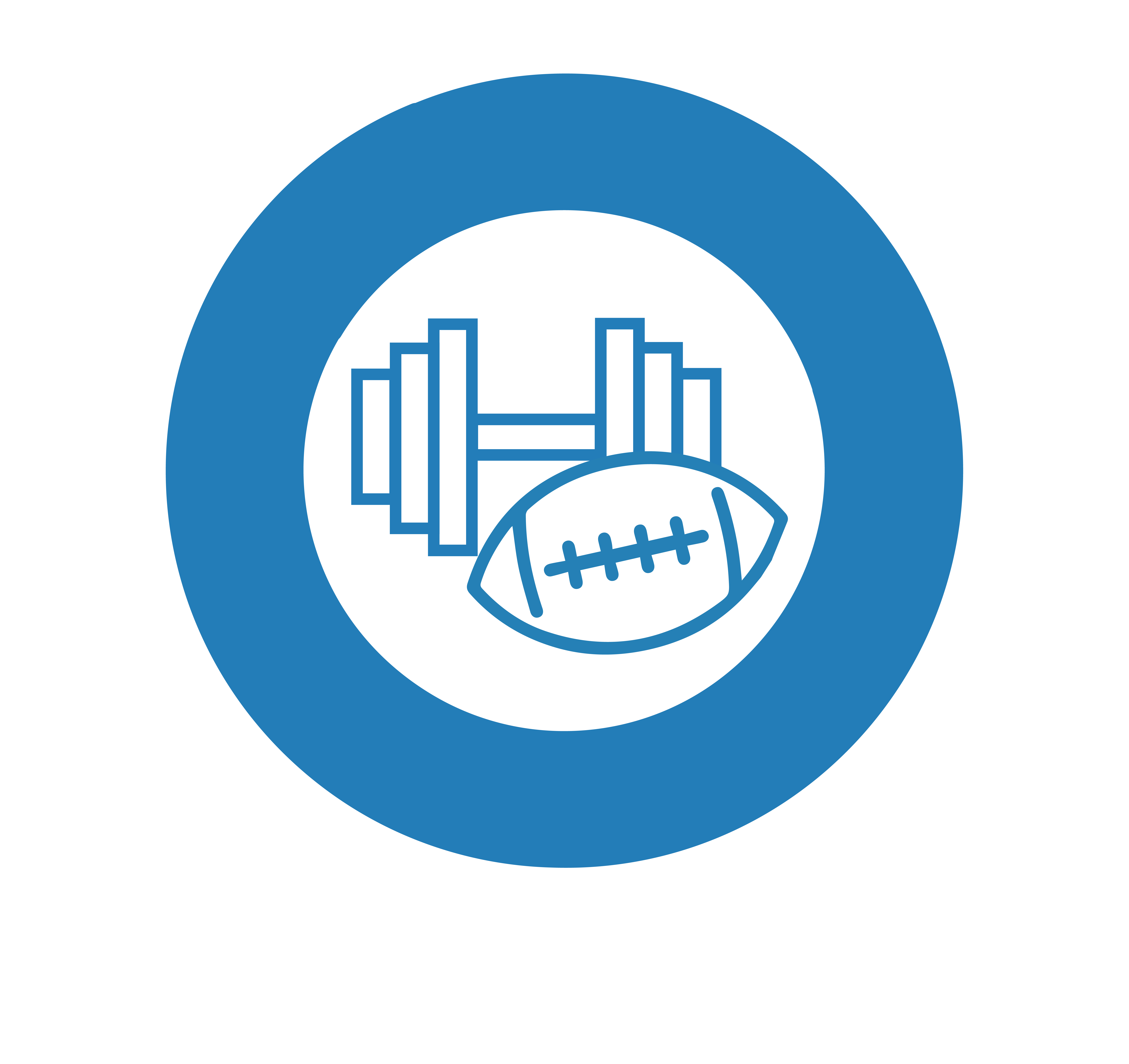Key Stage 2
The Primary curriculum at TWAPA strives to be broad and balanced in line with the National Curriculum. That is apparent in the subjects that we deliver and why our KS2 timetable boasts English, Maths, Science, Computing, PE, PSHCE, Humanities, French, Creative Art, and Religious Education, the primary team of teachers each specialise in a small number of subjects. We are mindful of the fact that our pupils require personalised support in our school; particularly in regards to extending their range of emotional, social, and behavioural skills and achieving appropriate learning outcomes so they can be welcomed back into mainstream settings. We endeavour to help our pupils to find their love for learning again.
It is important for us to make pupils aware of the link between subjects in the curriculum to help with developing their interchangeable skills alongside modelling career behaviour to help their transition into secondary school and later into their working life too so that they are lifelong learners. It is imperative that we provide a caring, friendly, and safe environment for all KS2 pupils so that they can learn in a calm and secure atmosphere. We believe every pupil should be able to participate in all school activities that we provide to their best abilities in an enjoyable and secure environment and be protected from harm. We are a safe school and we ensure that our children learn, share, and grow together to help them become respectful and responsible citizens of the world.
For further information about our curriculum, please contact the school by email: admin@twapa.co.uk
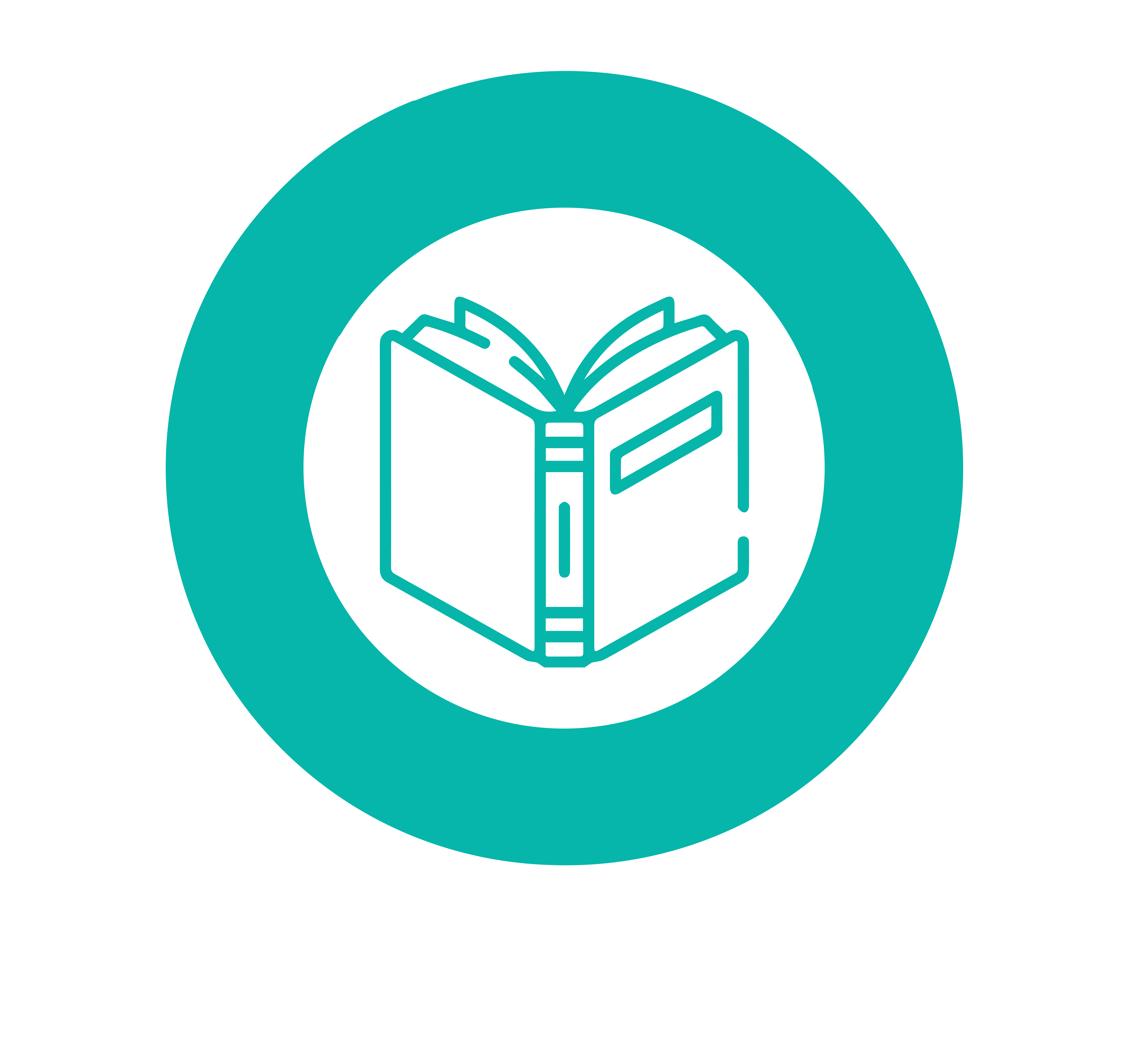
English (Literacy)
Our main aim is to ensure that every child becomes primary literate and progresses in the areas of reading, writing speaking and listening, gaining competence in their own ability.
We believe it is essential to highlight and be aware of the differing needs and vulnerabilities of the pupils within their class. Baseline information will be gathered from all new pupils and will be shared to ensure that teachers can plan personalized English lessons which focus on the identified needs of each child. We recognise that each child has their own starting point upon entry and their progress is measured in line with these starting points.
English is not only a daily discrete lesson but is at the cornerstone of the entire curriculum. It is embedded within all our lessons, and we strive
for a high level of English for all. Through the use of high-quality texts, immersing children in a vocabulary rich learning environment and
ensuring the new curriculum expectations are met – where appropriate for our learners. Pupils are exposed to a language heavy, creative and
continuous curriculum where reading and writing are intrinsically linked.
Maths (Numeracy)
The core aims of our Mathematics curriculum is to provide children with an underpinning for understanding number, reasoning, thinking logically and problem solving with resilience, to prepare them for their futures. By adopting a mastery approach, it is also intended that all children, regardless of their starting point, will maximise their academic achievement and leave us with a greater enthusiasm for Maths and lifelong positive, relationships with number.
In addition to this, we want our children to know maths is essential to everyday life and become confident mathematicians who are not afraid to take risks. We aim to support pupils in becoming independent learners with inquisitive minds who have secure mathematical foundations and an interest in self-improvement.
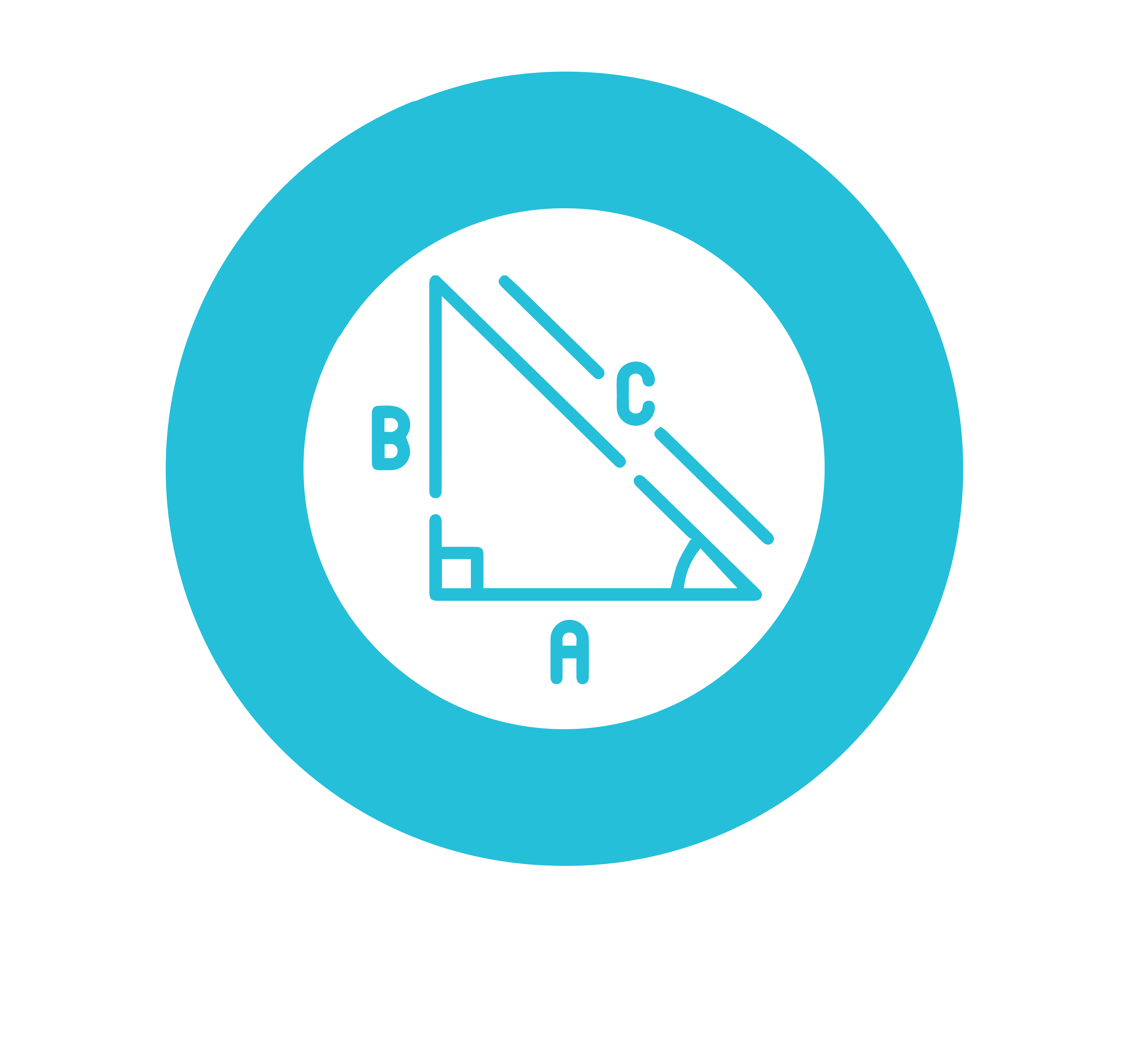
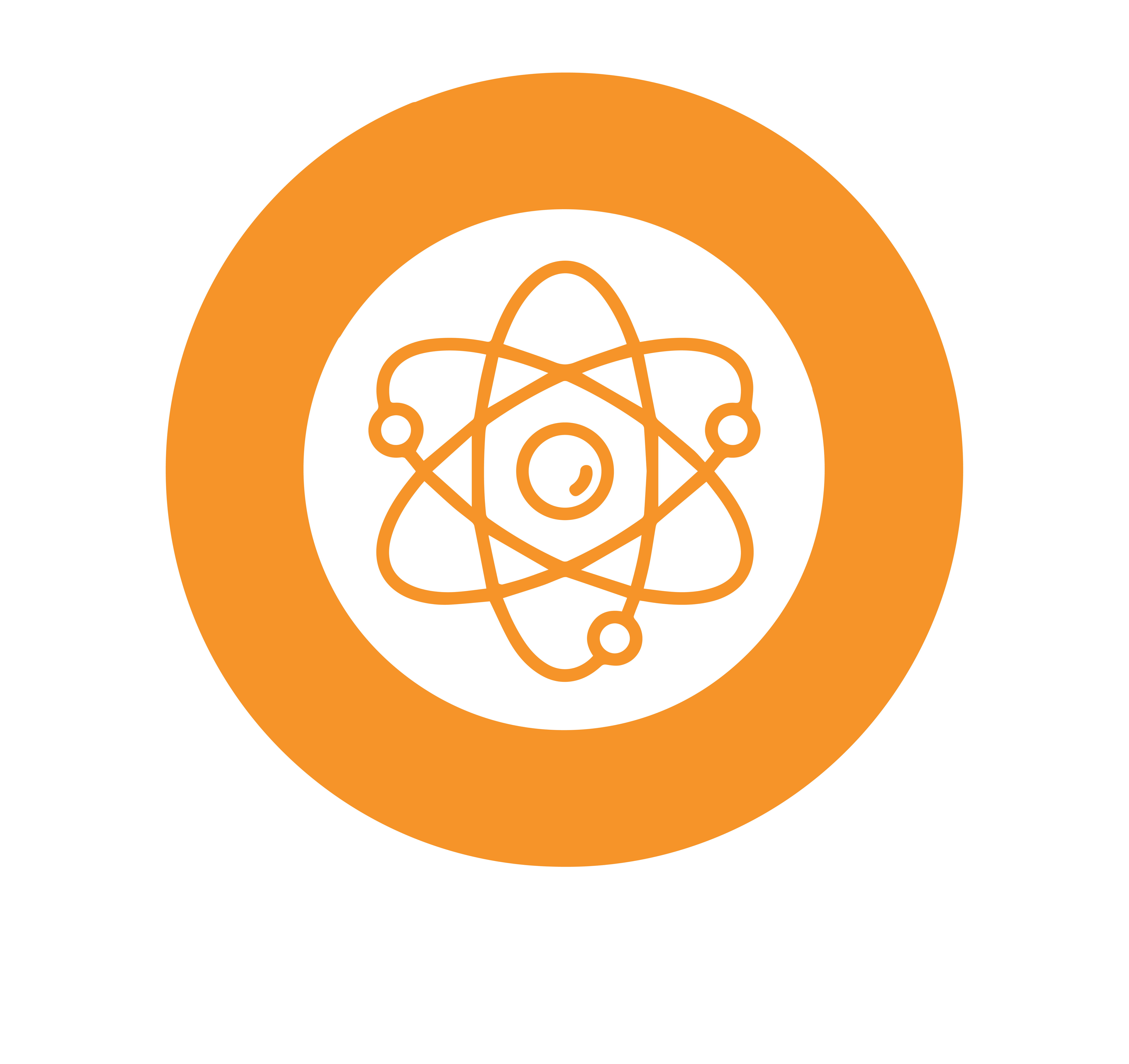
Science
The main aim of the Science programme at Key Stage 2 is to develop scientific knowledge and skills whilst also improving engagement and curiosity. The programme is designed to allow pupils to enjoy science using real and accessible examples. The learning is put into a real world context developed to raise the cultural capital of our pupils using local, as well as real world examples. This will, in turn, develop a scientific curiosity for the world in which the children live.
The science curriculum is designed to teach our children to challenge their own ideas about science and to reflect on learning. The curriculum seeks to raise the profile of science for the children and to help them understand the value of science in their lives and the lives of others. In addition, children will understand that science is relevant to them and that a greater understanding of the scientific method will benefit them in their adult lives.
The science curriculum will complement with subjects such as Geography, PSHCE, Mathematics, Physical Education and Food Technology as further examples of real-life experiences. By using real-life and contextual examples in the curriculum, children’s working memory and improved long-term retention of key ideas and concepts will become embedded.
Personal, Social, Health and Citizenship Education (PSHCE)
Our PSHCE curriculum is aligned to the statutory Framework and Guidance set out by the Department for Education, and is aligned with the statutory guidance for RSE and Health Education. The intent of PSHCE in a primary school is to provide a comprehensive and age-appropriate curriculum that supports pupils in developing the knowledge, skills, attitudes, and values necessary to manage their lives successfully.
The overarching goal is to promote pupils’ personal well-being, mental health resilience, understanding of diverse cultures, and the values of respect, fairness, and equality.
During this two-year programme of study, pupils are provided with three weekly PSCHE lessons which aim to cover:
1. Me and my relationships
2. Valuing difference
3. Keeping myself safe
4. Rights and responsibilities
5. Being my best
6. Growing and changing
Our programme of study will be supported with the relevant materials and lesson resources from Coram Life’s ‘Scarf’ programme. Scarf’s whole- school approach that supports our whole school wide promotion of positive behaviour, mental well-being, resilience and achievement.
These topic areas will be further supported by the PSHE Education planning framework for pupils with SEND. Allowing additional coverage and exploration of key themes and topics as they arise for our pupils. There will also be focus time allocated to link prior and new learning to our four school values, Respect, Responsibility, Resilience and
Reflection throughout the teaching cycle.
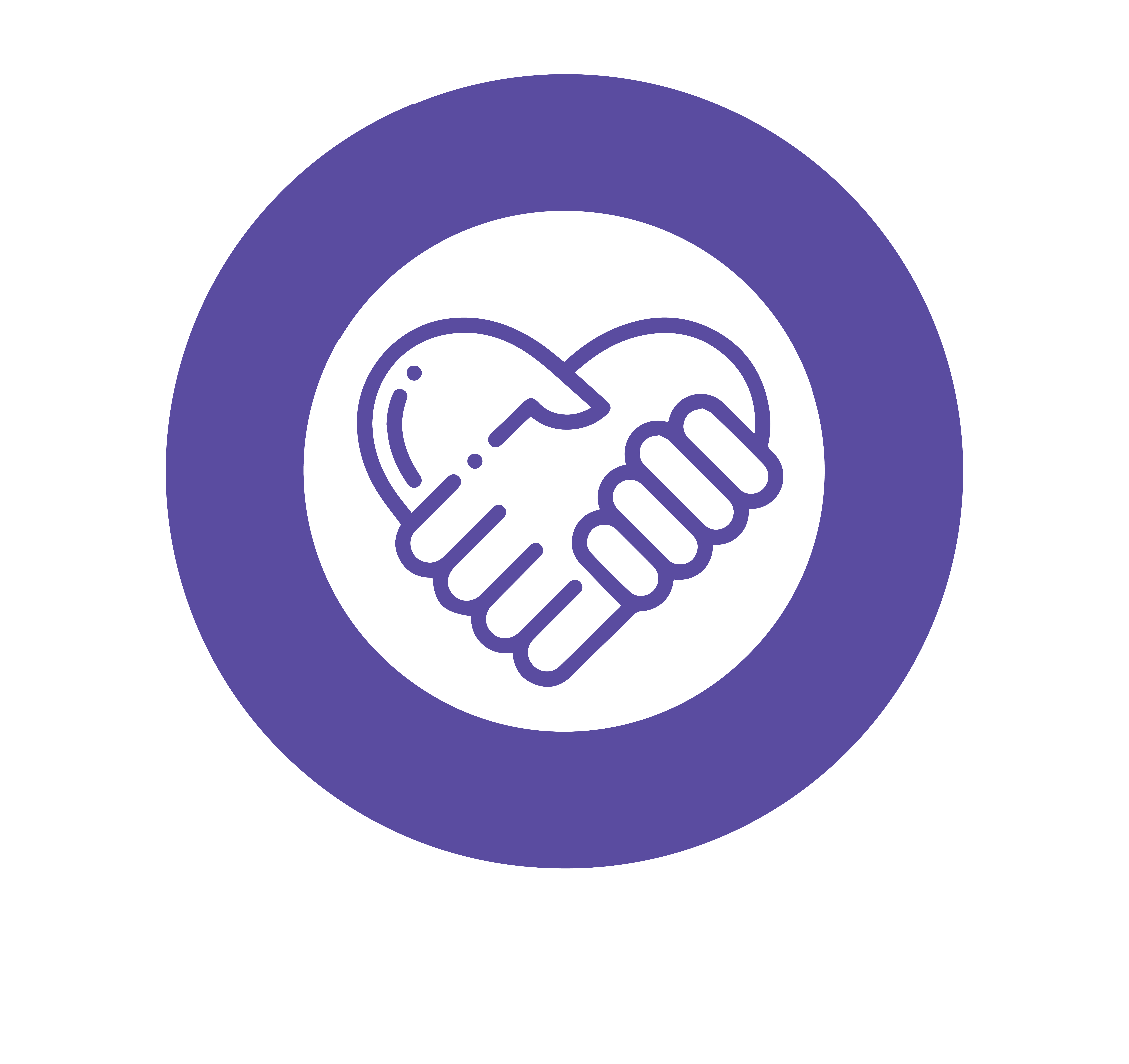
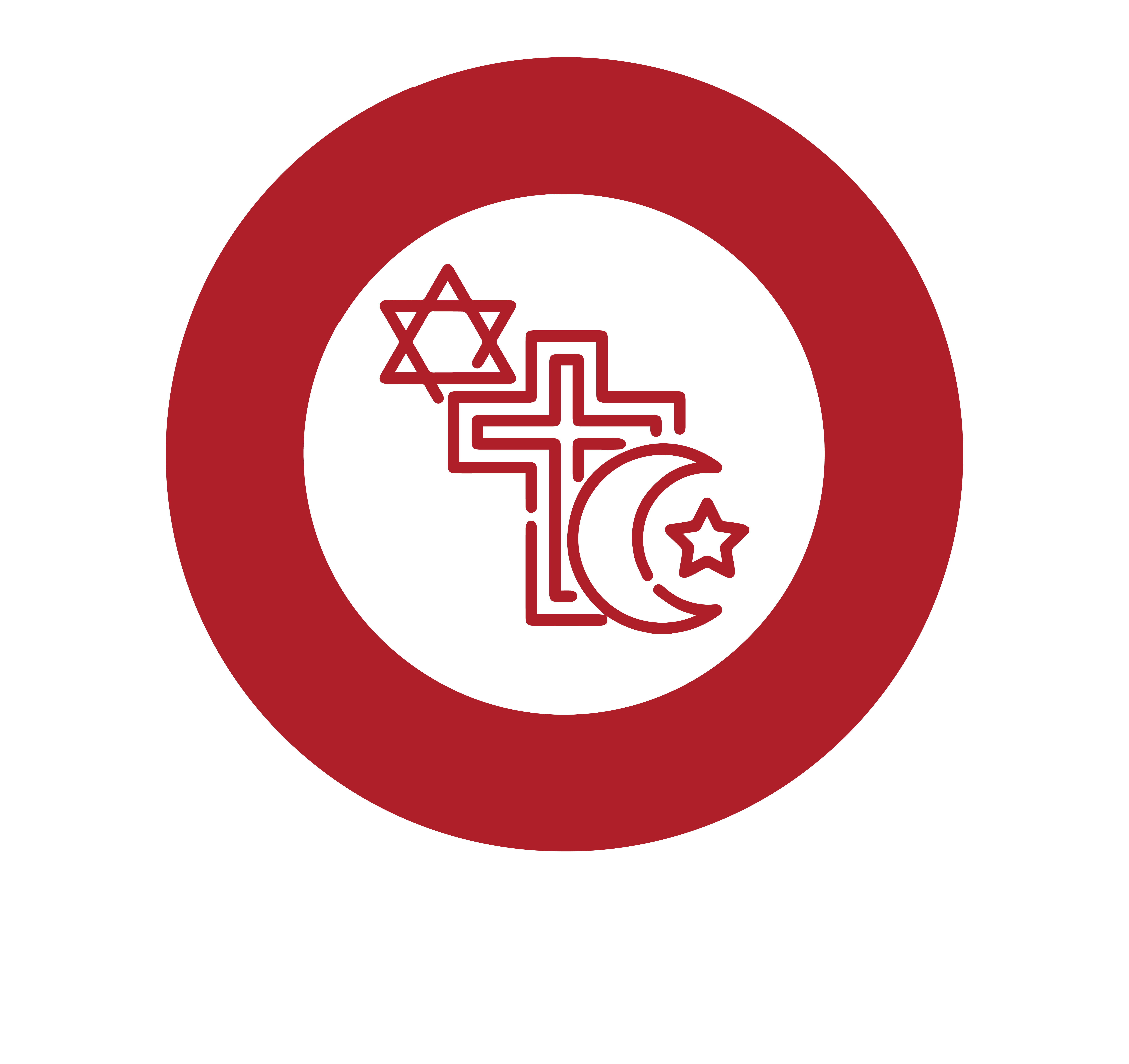
Culture and Belief
The aim of this subject is to provide children with a broad and balanced curriculum that is in line with the locally agreed syllabus ‘Believing and Belonging’. Throughout the lessons, children will learn about a range of religions and worldwide views. They will also further their understanding of how these faiths are represented in both the local area and nationally. This supports children to have the skills and knowledge to live in a diverse and multi-faith society.
Children will investigate different questions to deepen their understanding of different cultures and beliefs. Children will learn about a range of different religions and beliefs and how this question can relate to these beliefs. Culture and Belief lessons encourage children to engage in dialog about different beliefs with respect. Children will learn how to develop a tolerance of different views and beliefs and be able to engage in discussions about these respectfully. During these lessons, pupils will learn how to be able to articulate clearly and coherently about their personal beliefs, ideas, values and experiences while respecting others.
If any parent wants to withdraw their child from RE, they must put this in writing to the Headteacher, who will then invite them to attend a meeting to discuss the matter further.
Humanities
Our Humanities curriculum focuses on acquiring facts and knowledge as well as developing historical and geographical skills. It will teach pupils about larger global concepts to help broaden their understanding of the world around them. Our Humanities education will help to provide a curiosity and fascination about the world and its people that will remain with them for the rest of their lives as well as gain a coherent knowledge and understanding of Britain’s past too.
Through the teaching of National Curriculum History and Geography topics, it will enable pupils to gain a coherent knowledge and understanding of Britain’s past and that of the wider world and inspire pupils’ curiosity to know more about the past. They will develop a sense of place, whilst exploring, investigating and understanding the man-made and natural processes that impact our planet. We aim to equip pupils with knowledge about diverse places, people, resources, natural and human environments, together with a deep understanding of the
Earth’s key physical and human processes.
As pupils progress, their growing knowledge about the world should help them to deepen their understanding of the interaction between physical and human processes, and of the formation and use of landscapes and environments. We want our children to gain confidence and practical experiences of geographical knowledge, understanding and skills that explain how the Earth’s features at different scales are shaped, interconnected and change over time.
Pupils will also become equipped to be able to ask perceptive questions, think critically, weigh evidence, sift arguments, and develop perspective and judgement. We want pupils to understand the complexity of people’s lives, the process of change, the diversity of societies and relationships between different groups, as well as their own identity and the challenges of their time. The humanities curriculum provides identity, improves decision-making and judgement, alongside developing a sense of chronology.
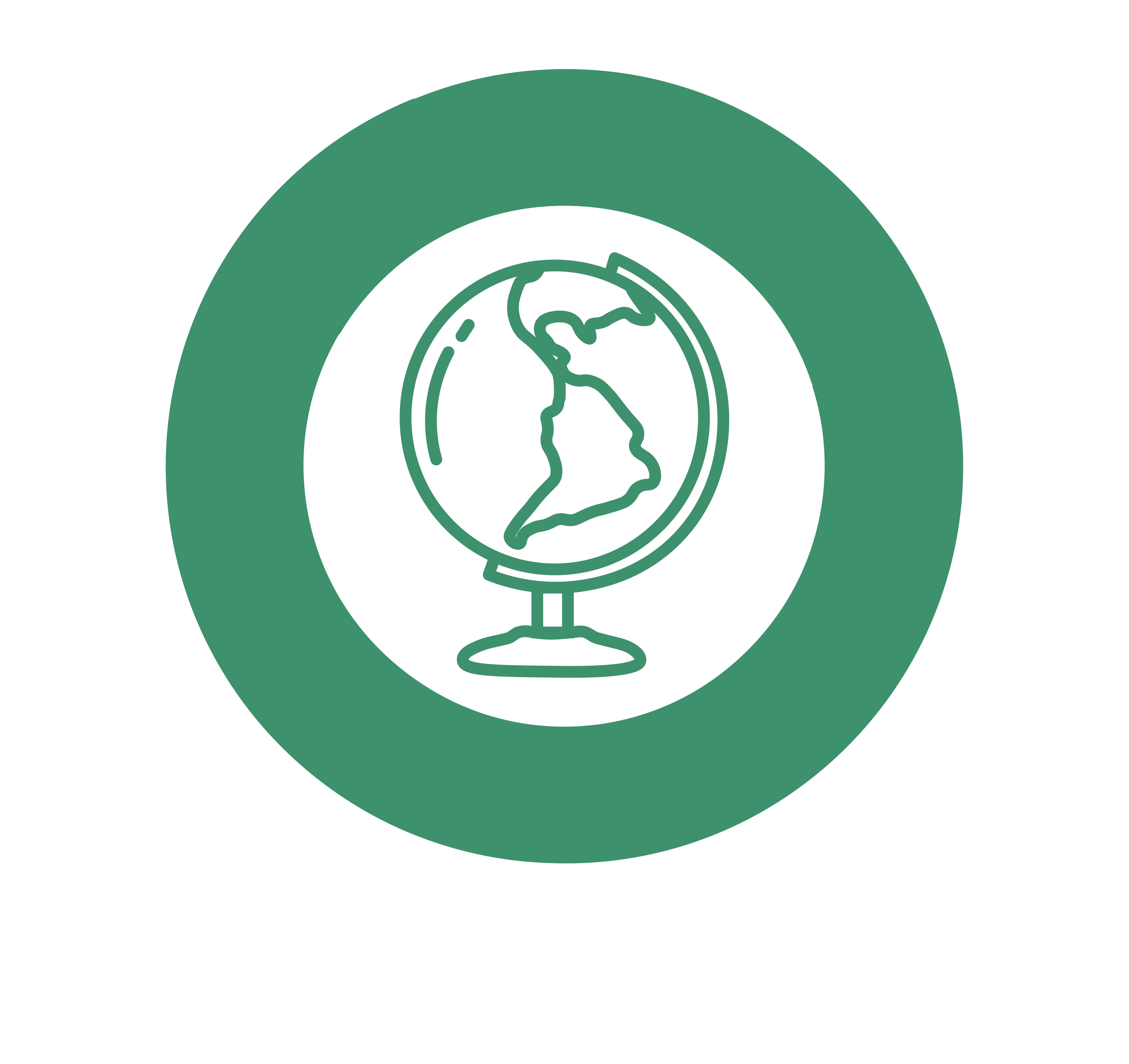
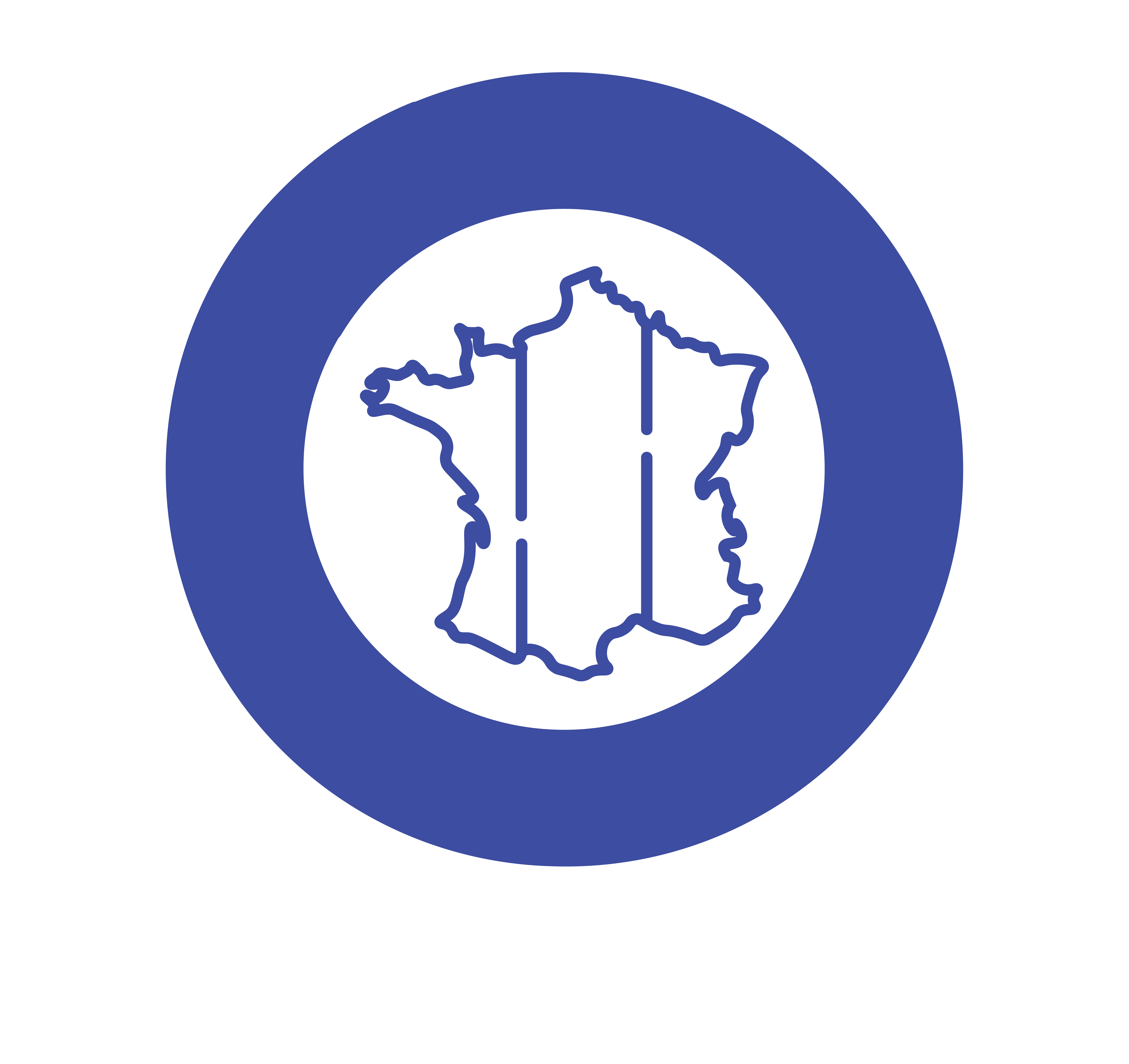
French
Our aim is for our pupils to be taught to listen attentively to spoken language and show understanding by joining in and responding. They will explore the patterns and sounds of the French language through songs and rhymes and link the spelling, sound and meaning of words. Pupils will engage in conversations through asking and answering questions while expressing opinions and responding to questions that others ask.
Pupils will seek clarification and help with pronunciation and intonation and will have the opportunity to speak in sentences, using familiar vocabulary, phrases and basic language structures that they have developed throughout this scheme of work. Pupils will develop accurate pronunciation and intonation so that others understand when they are reading aloud or using familiar words and phrases. They will present ideas and information orally to peers in class as well as build their confidence to present to others around school.
Pupils will read carefully and show understanding of a range of words, phrases and simple written pieces. They will appreciate stories, songs, poems and rhymes in the language while broadening their vocabulary and developing their ability to understand new words that are introduced into familiar written material, including through using a dictionary. Pupils will write phrases from memory and adapt these to create new
sentences that help to express their ideas clearly. They will describe people, places, things and actions orally and in written form that demonstrates their understanding of basic grammar appropriate to the language being studied.
Computing
The aims of the curriculum is to provide a high-quality computing education that equips pupils to use a range of Information Technology skills and develop their creativity in relation to computing. We aim to teach transferable skills that the children will be able to use as they progress into adulthood.
Computing has links with Mathematics, Science and Design Technology, and provides insights into both natural and artificial systems. The core of computing is computer science, in which pupils are taught the principles of information and computation, how digital systems work and how to put this knowledge to use through programming.
Building on this knowledge and understanding, pupils are equipped to use information technology to create programs, systems and a range of content. Computing also ensures that pupils become digitally literate – able to use, and express themselves and develop their ideas through, Information and Communication Technology (ICT) – at a level suitable for the future workplace and as active participants in a digital world. During computing lessons, children will also learn how to stay safe online, the importance of internet safety and how to use a range of devices safely.
The computing curriculum is designed to enhance pupils’ computing skills by providing the opportunity to use different software packages. We aim to increase each pupil’s confidence when using ICT programmes and software. Subsequently improving research skills, hand and eye coordination, reading and working more independently.
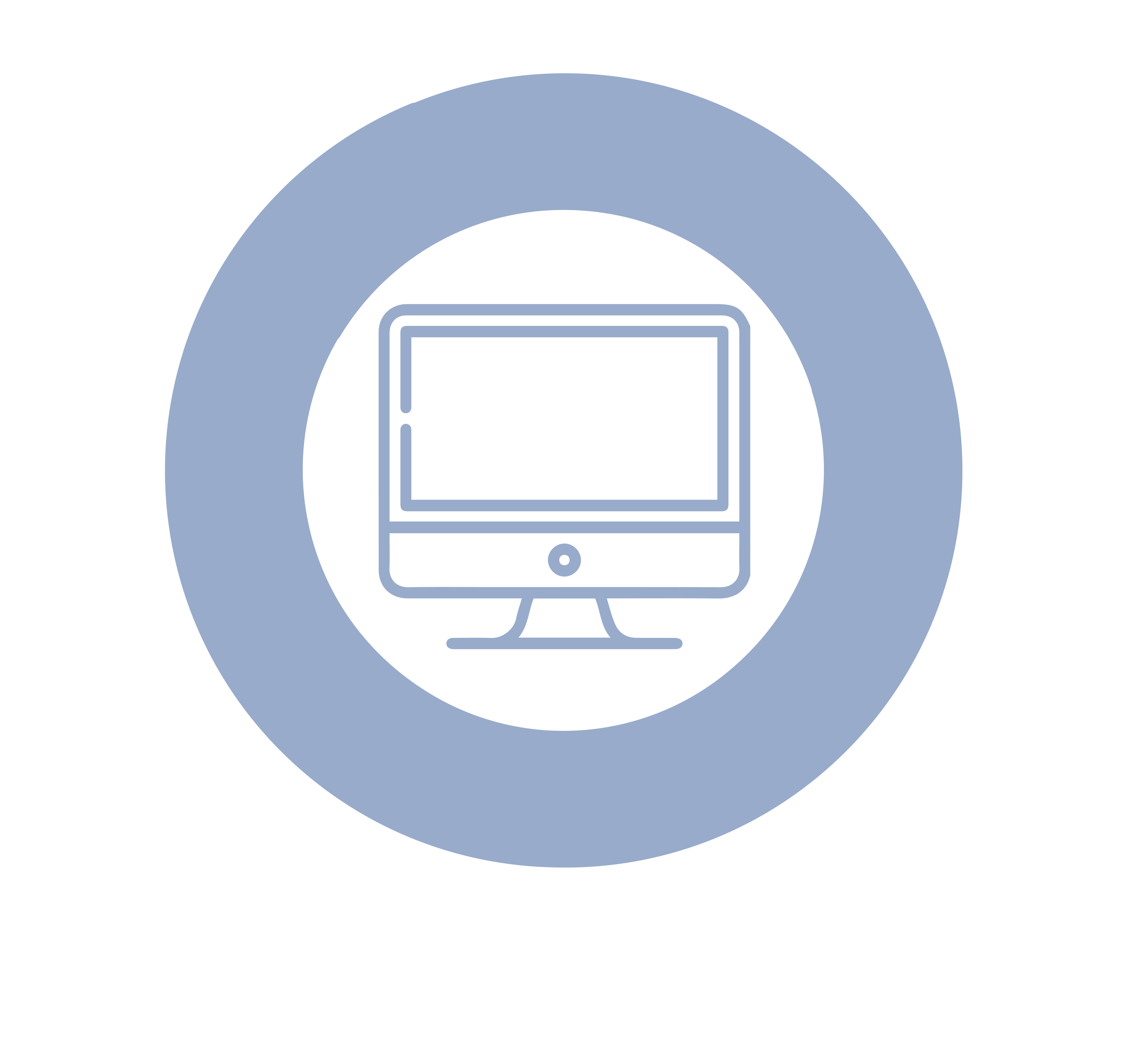
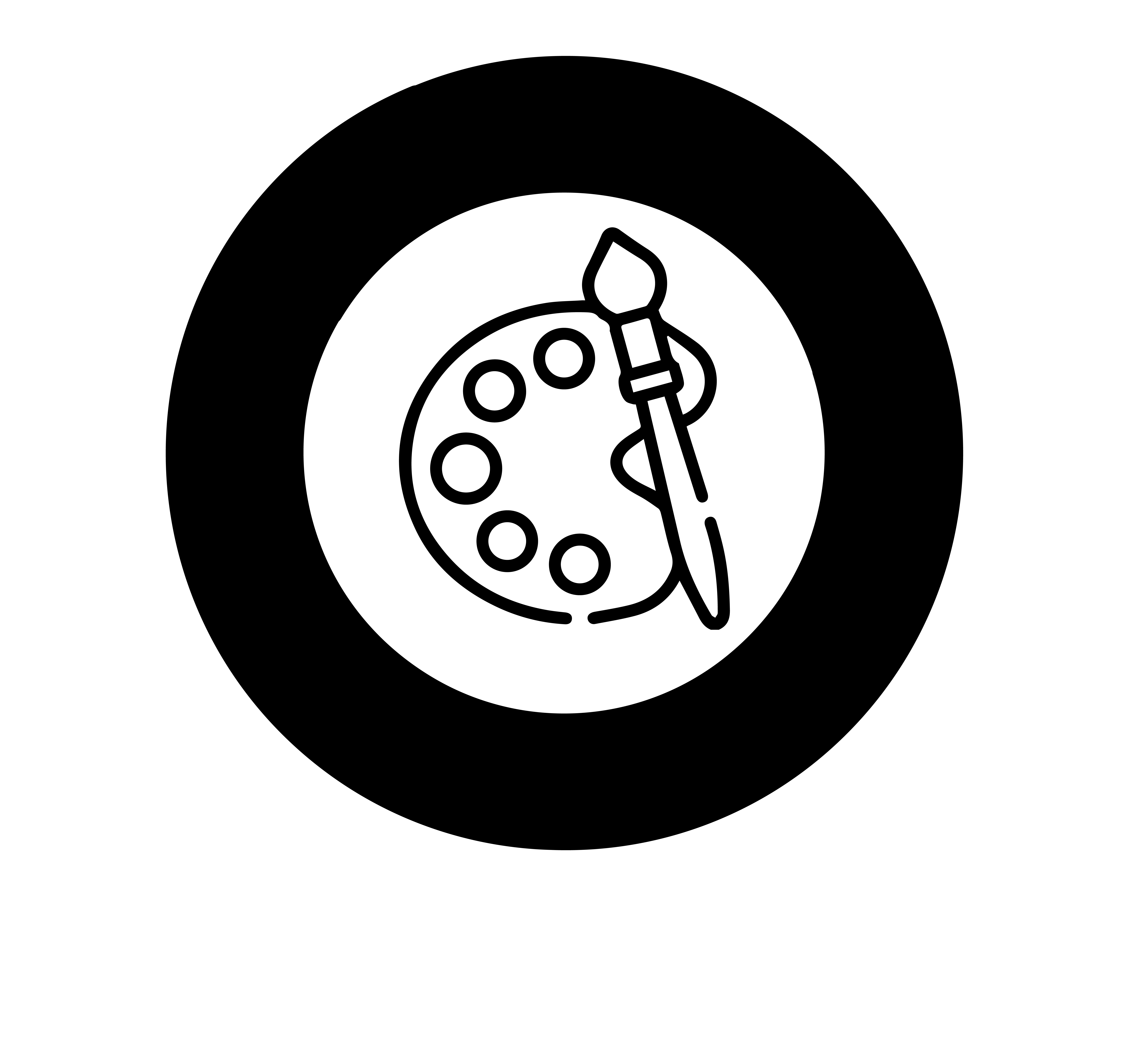
Creative Art
This curriculum is designed to be accessible to all and maximise the development of every child’s ability and academic achievement in Creative Art. This will be provided through different genres of Creative Art, which will inspire pupils to think innovatively and develop creative procedural understanding.
It will engage, inspire and challenge pupils while equipping them with the knowledge and skills which can be transferred into real world situations. Pupils will be given opportunities to develop and extend their creativity and have opportunities to express their individual interests, thoughts and ideas.
As pupils progress, they should be able to think critically and develop a more rigorous understanding of Art, Design Technology, Music and Performing Arts. They will learn a broad spectrum of skills including sketching, cooking, sculpting, performing, joining materials and components of music. Children will be introduced to a range of works and develop knowledge of the styles and vocabulary used by famous artists and performers. The skills they acquire will allow them to use their creative skills to reflect on and explore topics in greater depth; using creative art as a medium to express emotion and thought to enhance their personal, social and emotional development.
It is paramount that artwork be purposeful; be this as a means of expression or to explore the styles of other artists that inspire the pupils’ own work. Pupils should be clear what the intended outcomes are and have a means to measure their own work against this. In all areas of Creative Art, pupils are expected to be reflective and evaluate their work, thinking about how they can make changes and keep improving.
Physical Education (PE)
The purpose of the Physical Education (PE) curriculum is to provide pupils with a broad, balanced, and inclusive curriculum, enabling learners to develop their skills in several sports and activities. We recognise the importance that PE and sport can have in promoting long-term healthy lifestyles and making a positive impact on physical, mental and social health.
The intent of the PE curriculum is to provide pupils with high quality PE lessons, where pupils can achieve success in a range of roles whether that be as a player, leader or official. We strive to inspire our pupils through fun and engaging PE lessons that are challenging, accessible and enjoyable. One of the main purposes of PE is the reinforcement of all aspects of good citizenship and reiterating key British Values; fair play, responsibility, cooperation, sharing, honesty, and other virtues are strongly stressed.
The PE curriculum reflects the National Curriculum at Key Stage 2, in that pupils are given the opportunity to: develop competence to excel in a broad range of physical activities, be physically active for sustained periods of time, engage in competitive sports and activities, lead healthy, active lives and work cooperatively and build relationships with peers and staff.
